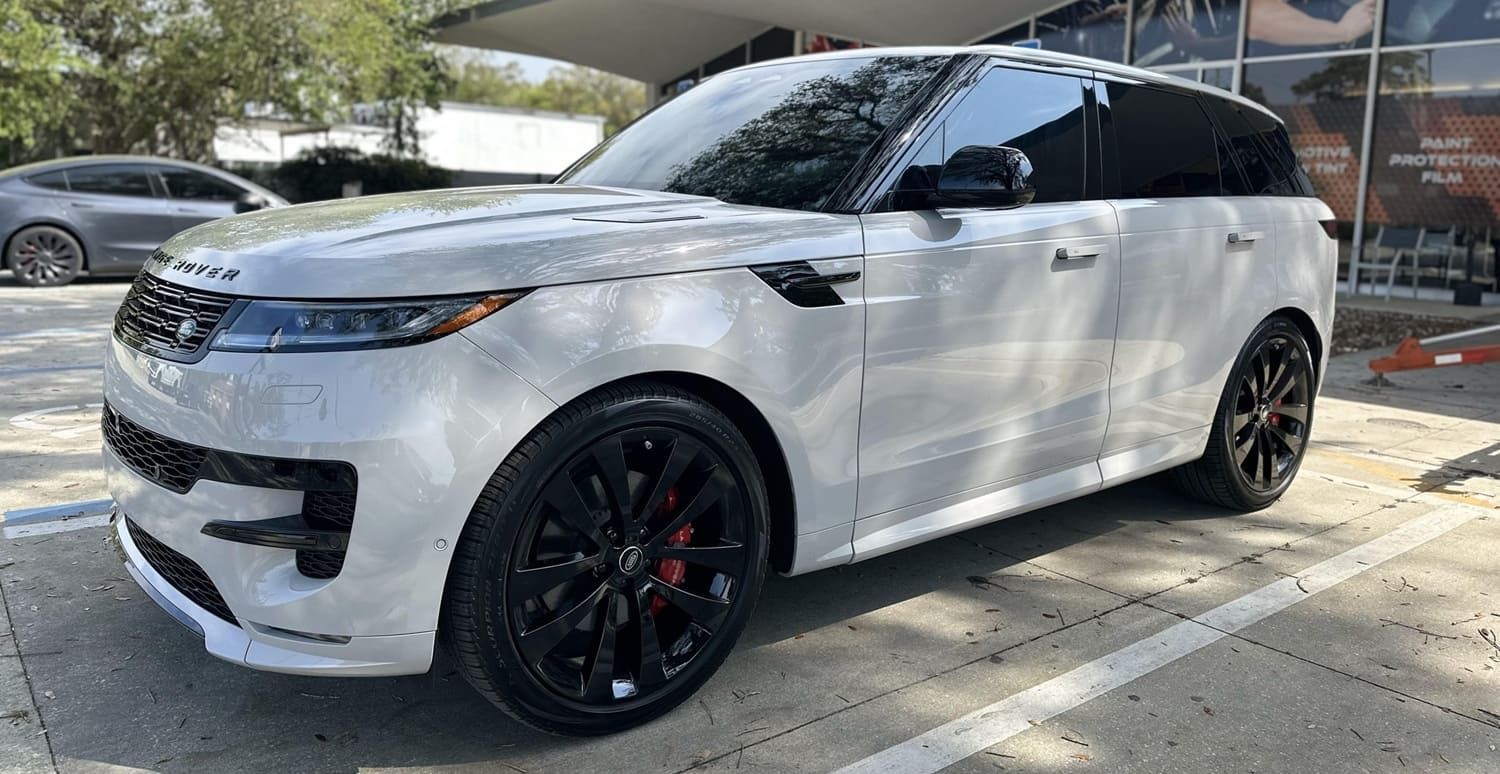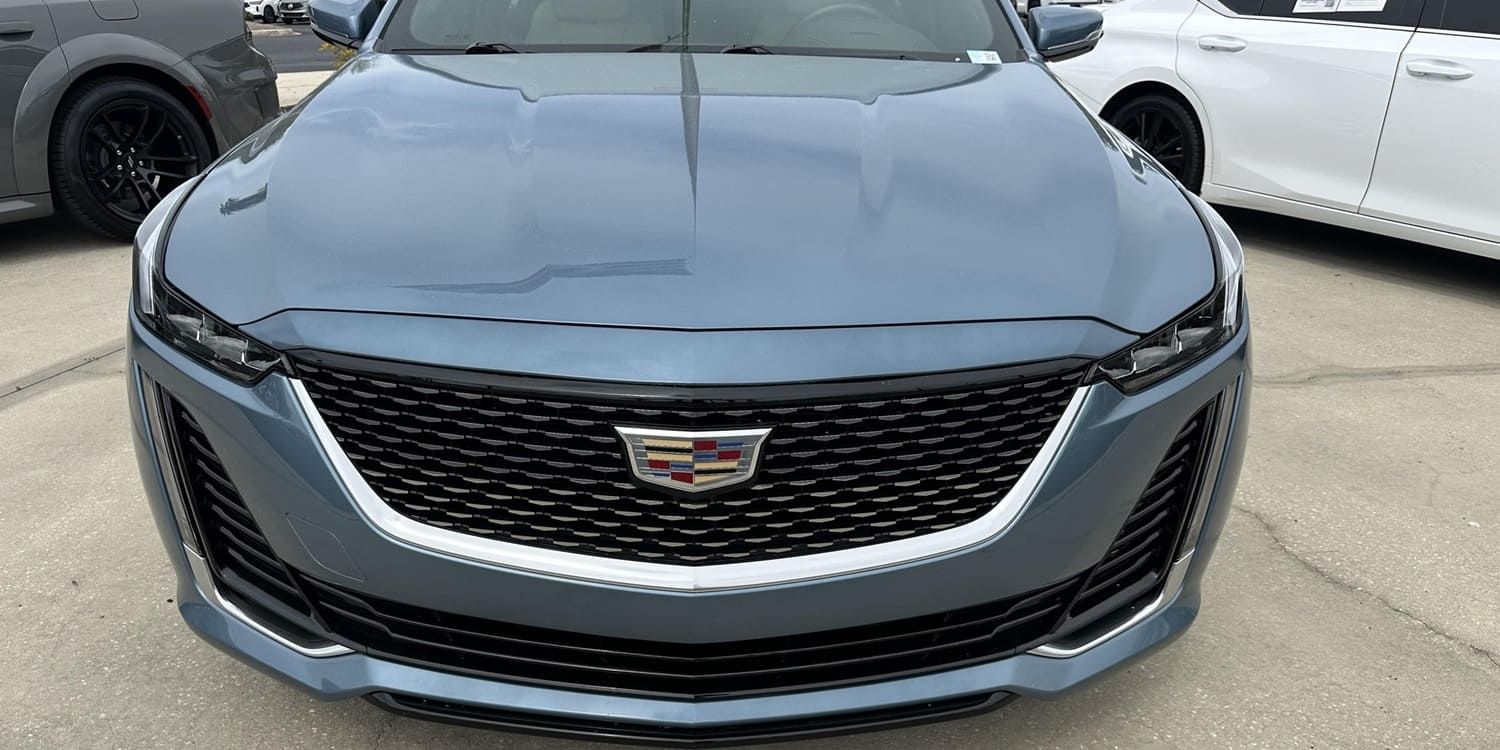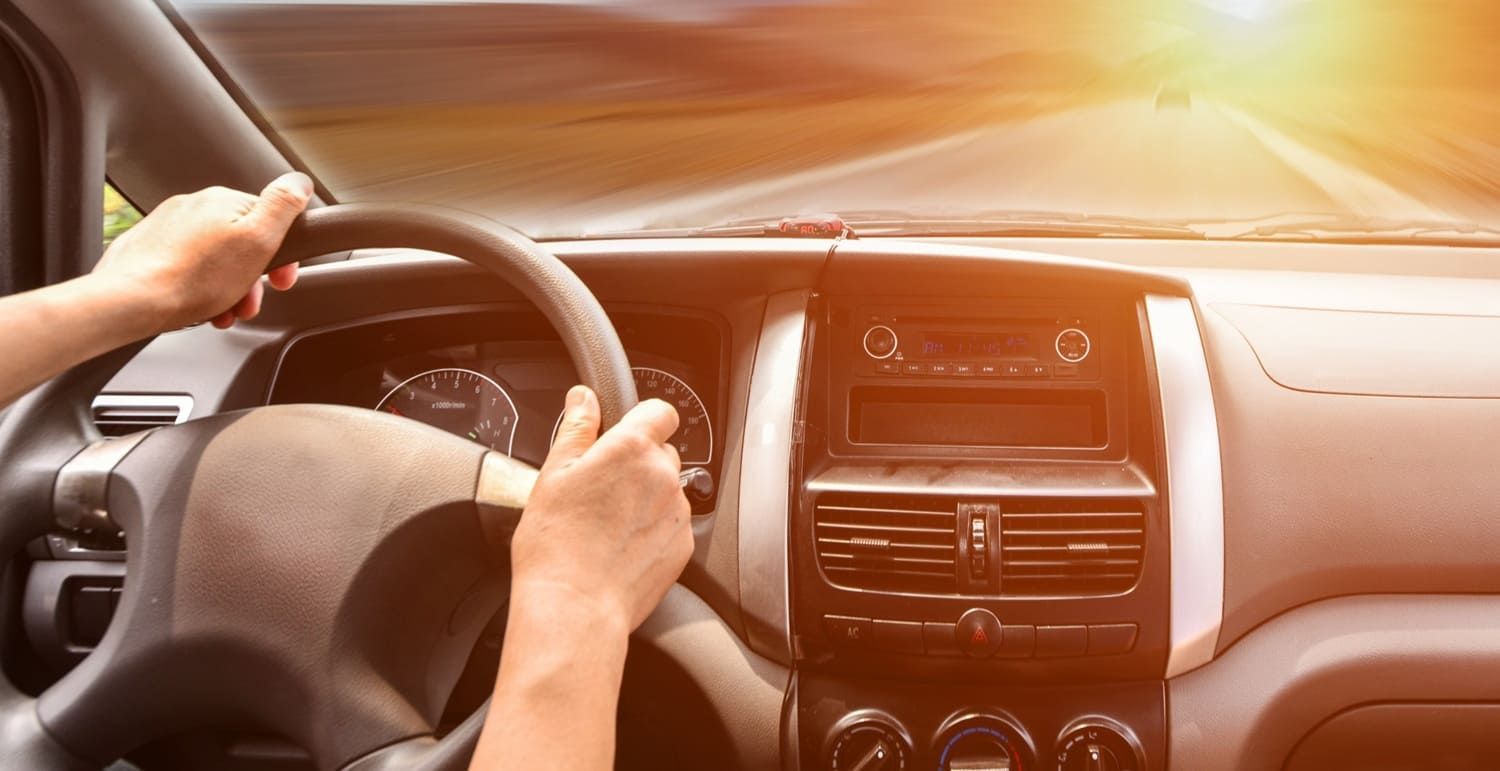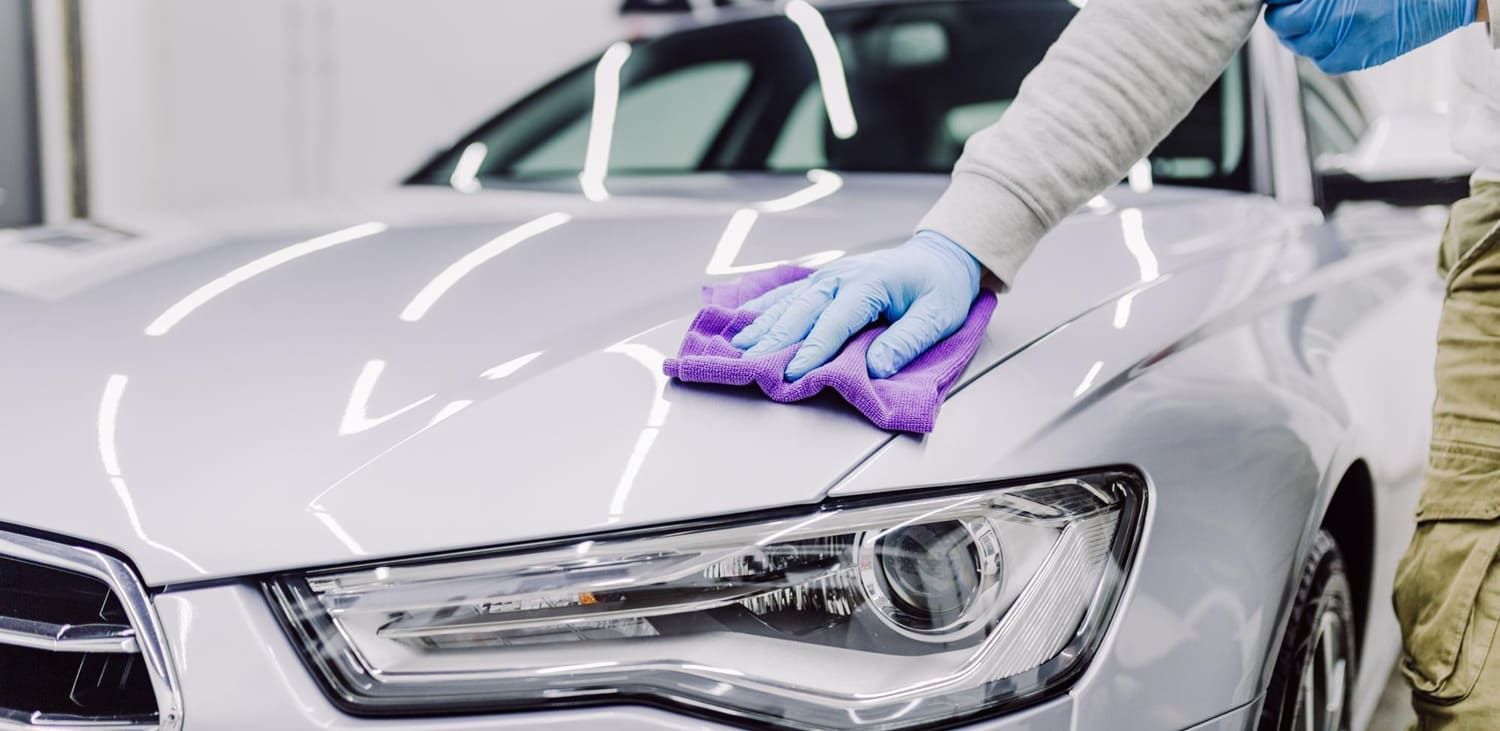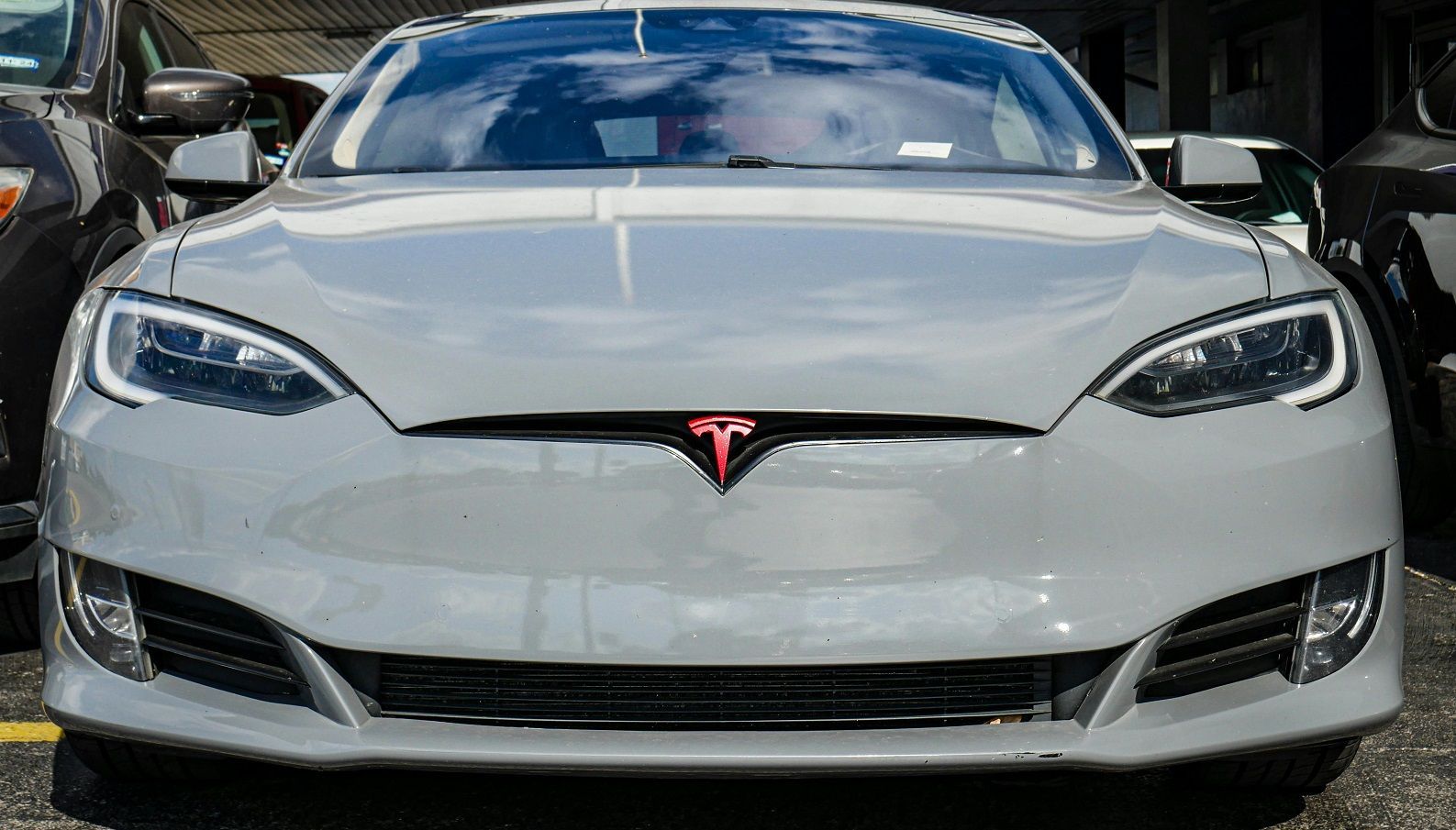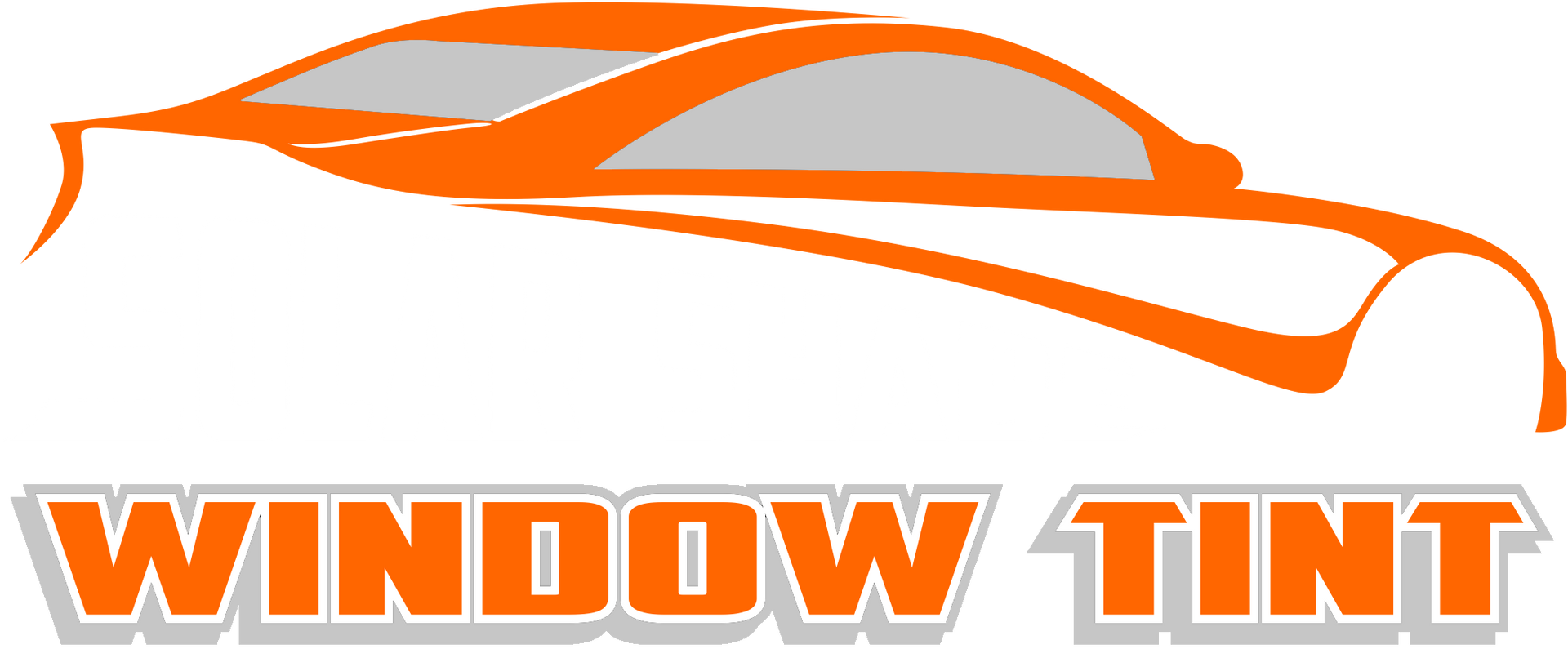Jacksonville Location
Solar Shade Window Tint
6410 Beach Blvd
Jacksonville, FL 32216
(904) 654-2173
Business Hours:
Monday - Friday: 9am to 5pm
Saturday: 9am to 5pm
Sunday: Closed
Lake City Location
Solar Shade Window Tint
144 SW Waterford Ct Suite 101
Lake City, FL 32025
(386) 628-2658
Business Hours:
Monday - Friday: 9am to 5pm
Saturday: Closed
Sunday: Closed
Which Window Tint Lasts Longest? Comparing Dyed, Ceramic, and Carbon Films
Picking the right car window tint can be a bit of a head-scratcher. With options like dyed, ceramic, and carbon films, each claiming to be the best, it's easy to get overwhelmed. The goal is to find a tint that not only suits your style but stands the test of time. In this article, we'll break down the differences between these popular tints and see which one really lasts the longest.
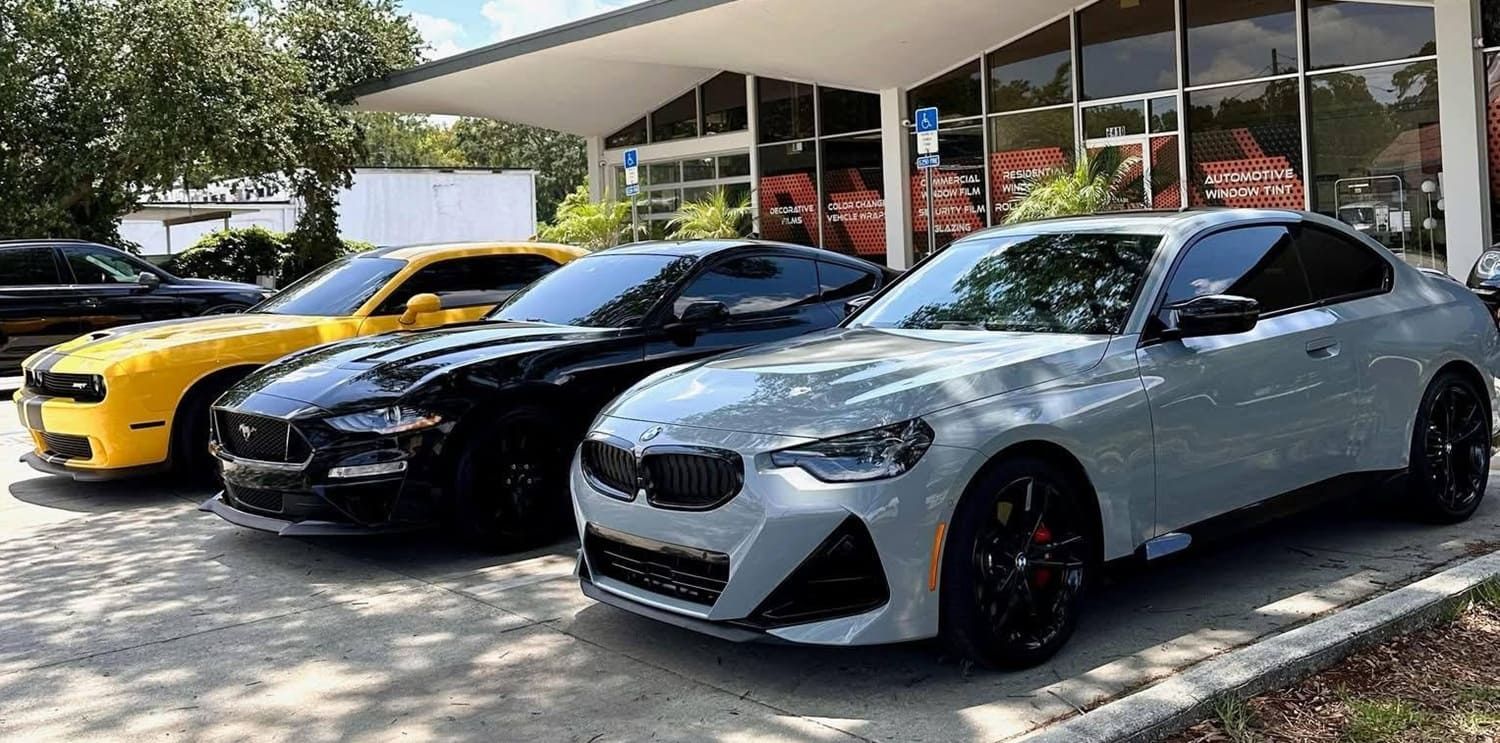
Key Takeaways
- Dyed tints are the most affordable but tend to fade and may require more frequent replacement.
- Ceramic tints offer superior heat and UV protection without interfering with electronic signals.
- Carbon tints provide a sleek, dark look and are more durable than dyed tints, with good heat rejection.
- Ceramic tints generally last longer than both dyed and carbon tints, though they come with a higher price tag.
- Choosing the right tint involves considering your budget, desired appearance, and how long you plan to keep your car.
Understanding Different Types of Car Window Tinting
Overview of Window Tinting Options
When it comes to window tinting, there's more than meets the eye. You've got a few options, each with its own set of perks and quirks. Dyed tints are the go-to for those on a budget, giving a sleek look without breaking the bank. Ceramic tints, on the other hand, are the premium choice,
offering top-notch heat rejection and UV protection. Then there's carbon tint, a middle ground that combines affordability with decent performance. Each type has its own unique
composition and benefits, making the choice largely dependent on what you're after.
Importance of Choosing the Right Tint
Picking the right window tint isn't just about aesthetics—it's about comfort, protection, and even safety. The right tint can drastically reduce the heat inside your car, protect against harmful UV rays, and even offer privacy and security. If you're someone who spends a lot of time on the road, the right tint can make a world of difference in your driving experience. Plus, a good tint can help preserve your car's interior, keeping it looking new for longer.
Factors Influencing Tint Longevity
A few key factors determine how long your window tint will last. First up is the quality of the tint itself—higher-quality tints like ceramic tend to last longer. Installation plays a big role too; a professional job can ensure your tint holds up over time. The environment also matters—tints in cars that are frequently exposed to harsh sunlight or extreme temperatures may degrade faster. Finally, how well you maintain your tint will affect its lifespan. Regular cleaning and avoiding harsh chemicals can help keep your tint looking good for years to come.
Choosing the right window tint isn't just a cosmetic decision; it's about enhancing your driving experience and protecting your investment. Whether you go for dyed, ceramic, or carbon, each option has its place, depending on your needs and budget.
Exploring Dyed Window Tint Films
Composition and Characteristics
Dyed window tint films are the most basic and affordable option out there. These films are made by placing a layer of dye between an adhesive layer and a protective polyester top coating. The dye absorbs solar heat, reducing the amount of heat that enters your car. However, it doesn't offer much in terms of UV protection, which can be a downside if you're looking for comprehensive sun defense.
Advantages and Disadvantages
Advantages:
- Cost-Effective: Dyed tints are generally the cheapest option available, making them a popular choice for those on a budget.
- Non-Reflective Appearance: They provide a matte look, which some people prefer over the shiny appearance of metallic tints.
- Privacy: These tints can darken your windows enough to offer a decent level of privacy.
Disadvantages:
- Fading Over Time: The dye in these tints can fade with prolonged exposure to sunlight, leading to a purplish hue.
- Limited Heat Rejection: While they do absorb heat, they are not as effective as other types of tints in keeping your car cool.
- Shorter Lifespan: Compared to other tints, dyed films tend to degrade faster, meaning you might need to replace them more often.
Longevity and Maintenance Tips
The lifespan of dyed window tint films can be extended with proper care. Here are a few tips:
- Avoid Abrasive Cleaners: Use mild soap and water instead of harsh chemicals to clean your tinted windows.
- Park in the Shade: Whenever possible, keep your car out of direct sunlight to prevent the dye from fading quickly.
- Inspect Regularly: Check for any signs of bubbling or peeling, which can indicate that it's time for a replacement.
While dyed window tints are budget-friendly and provide a sleek look, their tendency to fade and shorter lifespan might not make them the best choice for everyone. Consider your needs and how often you're willing to replace the tint before deciding.
Advantages of Ceramic Window Tinting
Superior Heat Rejection and UV Protection
Ceramic window tint is like the superhero of car tints. It’s got this amazing ability to keep your car cool by blocking a ton of heat—way more than those old-school dyed films can handle. We're talking about cutting down the infrared heat and those nasty UV rays that can turn your car into a sauna and damage your skin. So, not only does it keep the car's interior cooler, but it also shields you and your passengers from sunburns and skin damage.
Durability and Fade Resistance
This stuff is tough. Unlike some other tints that fade and look worn out after a while, ceramic tints are built to last. They don’t fade easily, even if you’re driving in the sun all the time. That means your car windows stay looking sharp for years. It's a bit like having a permanent sunblock on your windows.
Impact on Electronic Signals
Ever had a tint mess with your GPS or phone signal? That's not a problem with ceramic tints. They’re non-metallic, so they don’t interfere with electronic devices. Whether you're using your phone, GPS, or any other gadget, you won’t have to worry about losing signal. It’s a big deal if you rely on tech while driving.
Ceramic window tints might cost a bit more upfront, but their benefits make them worth every penny. From protecting your skin to keeping your car cool and your gadgets working, it’s hard to beat what ceramic tints bring to the table.
Benefits of Carbon Window Tint Films
Heat Rejection and UV Protection
Carbon window tint is a fantastic choice if you're looking to keep your car cooler during those scorching summer days. It effectively blocks a significant amount of infrared light, the main culprit behind heat build-up inside your car. This means you can enjoy a more comfortable ride without cranking up the AC, which also saves on fuel. Plus, carbon tint offers good UV protection, shielding you and your passengers from harmful UV rays that can cause skin damage and fade your car's interior.
Aesthetic Appeal and Signal Compatibility
If you're after a sleek look for your vehicle, carbon tint delivers with its deep, dark appearance. It gives your car a sophisticated edge without the shiny, reflective finish that some other tints have. This non-reflective look not only enhances your car's aesthetic appeal but also ensures that electronic signals like GPS and radio reception remain unaffected. That's a big plus if you rely heavily on these devices.
Durability Compared to Dyed Films
When it comes to durability, carbon tint stands out. Unlike dyed films, which can fade over time, carbon tint retains its color and performance for years. It's less prone to discoloration, meaning you won’t have to worry about it looking worn out or needing replacement anytime soon. This durability makes carbon tint a cost-effective choice in the long run, as it maintains its appearance and functionality without frequent replacements.
Investing in carbon window tint is not just about aesthetics; it's about long-term performance and comfort. With its ability to reject heat and provide UV protection, while maintaining a stylish look and ensuring durability, carbon tint is a solid choice for any vehicle owner looking to enhance their driving experience.
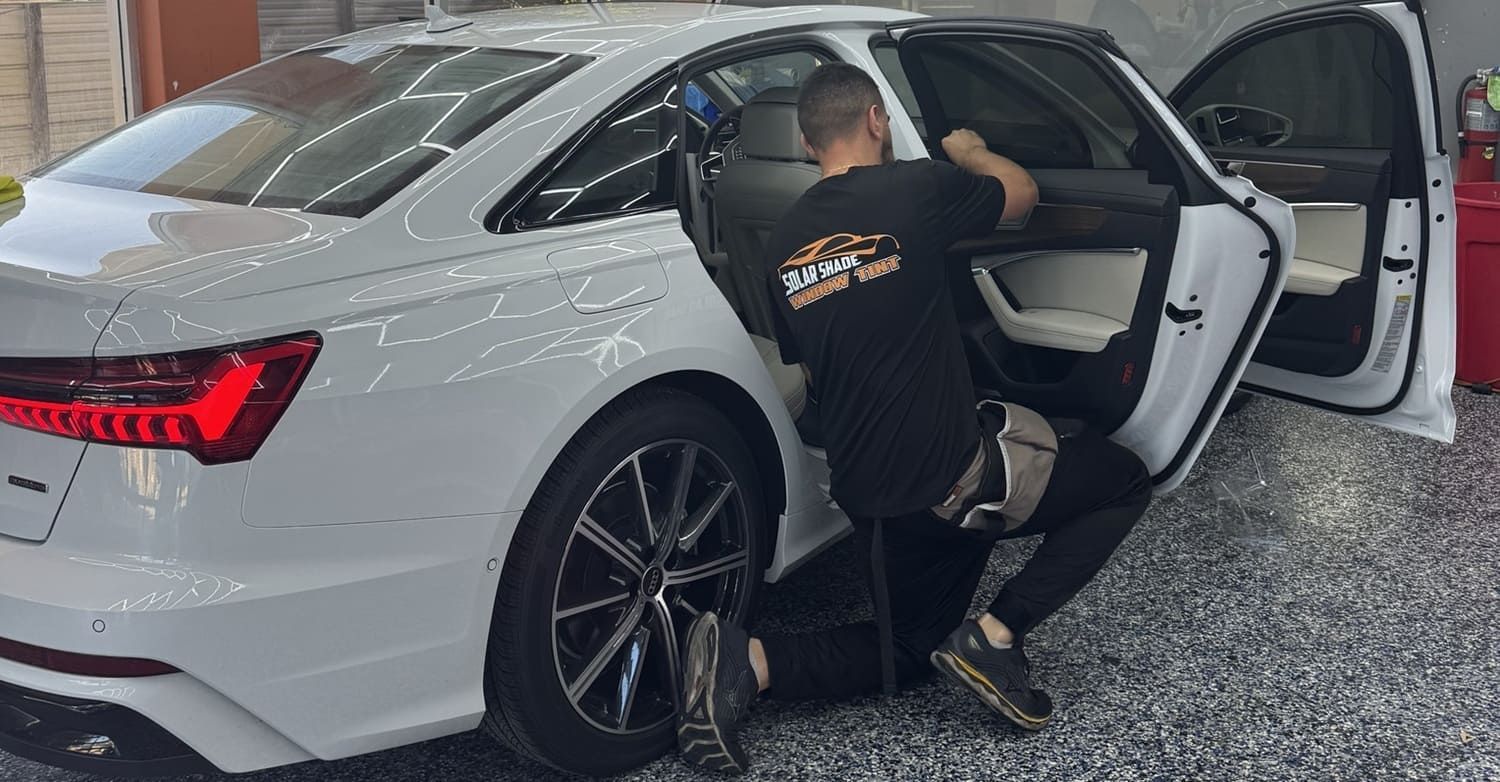
Comparing Longevity: Dyed vs. Ceramic vs. Carbon Tints
Factors Affecting Tint Longevity
When it comes to how long your window tint lasts, several factors come into play. First, the quality of the tint material is crucial. High-quality tints, like ceramic, generally last longer because they're made to withstand harsh conditions. The installation process also matters; a professional job can prevent peeling and bubbling. Finally, environmental factors such as exposure to sunlight and weather conditions can affect longevity. Tints exposed to extreme temperatures or constant sunlight may degrade faster.
Real-World Performance Comparisons
In real-world conditions, ceramic tints often outlast their dyed and carbon counterparts. Ceramic films are known for their superior durability, resisting fading and discoloration even after prolonged exposure to sunlight. Carbon tints, while more durable than dyed films, tend to lose their color over time but still offer better longevity than dyed options. Dyed tints, on the other hand, are more prone to fading and bubbling, especially in hot climates.
| Tint Type | Average Longevity | Fade Resistance | Maintenance Needs |
|---|---|---|---|
| Dyed | 3-5 years | Low | High |
| Carbon | 5-7 years | Medium | Medium |
| Ceramic | 8-10 years | High | Low |
Cost-Effectiveness Over Time
While ceramic tints come with a higher upfront cost, their long-lasting nature often makes them more cost-effective in the long run. You might pay more initially, but you save on replacements and maintenance. Carbon tints strike a balance between cost and durability, offering a middle-ground option. Dyed tints are cheaper up front, but frequent replacements can add up over time, making them less economical if you plan to keep your vehicle for several years.
When choosing a window tint, consider not just the initial cost but the long-term benefits and potential savings on replacements and maintenance. A higher-quality tint might save you money down the road.
Choosing the Best Window Tint for Your Needs
When it comes to picking the right window tint, it’s important to consider the climate you live in and how much time you spend on the road. If you're in a hot, sunny area, a tint with high heat rejection, like ceramic, might be your best bet. It helps keep your car cool and protects your interior from fading. On the other hand, if you live somewhere with mild weather, a less expensive tint like dyed film could do the trick.
Balancing Cost and Quality
Cost is always a factor when making car upgrades. Dyed films are the most budget-friendly and can look great, but they might need replacing sooner. Carbon tints offer a good middle ground, providing decent heat rejection without breaking the bank. Ceramic tints, while pricier, offer top-notch protection and longevity. It's worth considering how much you’re willing to spend now versus potential replacement costs down the line.
Making an Informed Decision
Choosing the right tint is about more than just cost and climate. Think about what’s most important for you: Do you want the best UV protection? Is avoiding signal interference a priority? Make a list of your must-haves and nice-to-haves.
- Heat Rejection: How well does it keep the car cool?
- UV Protection: Does it block harmful rays?
- Durability: How long will it last before needing replacement?
Ultimately, the best tint for your car is one that fits your lifestyle and budget. Take the time to weigh your options and don’t hesitate to consult with a professional to help guide your decision.
Conclusion
So, when it comes down to picking the right window tint, it really depends on what you're after. If you're looking for something that won't break the bank and still gives decent heat rejection, carbon tint might be your go-to. It's got that sleek, dark look and keeps your car cooler without messing with your GPS or radio.
At Solar Shade Window Tint in Jacksonville & Lake City, FL and Savannah, GA, our premier auto window tinting installers ensure you receive the highest quality carbon tints tailored to your budget and style. On the flip side, if you're willing to spend a bit more for top-notch performance, ceramic tint is hard to beat. It offers superior heat and UV protection, and it won't fade or interfere with signals. Plus, it keeps your car looking sharp without the glare.
In the end, both options have their perks, so it's all about what suits your needs and budget best. Contact us today for a free estimate and let us help you choose the perfect tint that enhances your vehicle's comfort, safety, and appearance.
Frequently Asked Questions
What makes ceramic window tint different from others?
Ceramic window tint uses tiny ceramic particles to block heat and UV rays, making it super effective without darkening your windows too much.
Does carbon window tint affect electronic signals?
No, carbon window tint doesn't mess with signals like GPS or radio, so you can enjoy your music and directions without any trouble.
Why does dyed window tint fade over time?
Dyed window tint can fade because the dye in the film breaks down with sunlight exposure, leading to a loss of color and effectiveness.
Which tint is the most durable?
Ceramic window tint is the most durable. It resists fading, bubbling, and peeling, lasting many years without losing its effectiveness.
Can I install window tint myself?
While you can try, it's best to have a professional do it. They ensure it's applied smoothly without bubbles or creases.
How do I choose the right window tint for my car?
Think about your budget, how much sun your car gets, and if you want extra features like signal clarity. Ceramic is great for performance, while carbon is a good budget-friendly option.
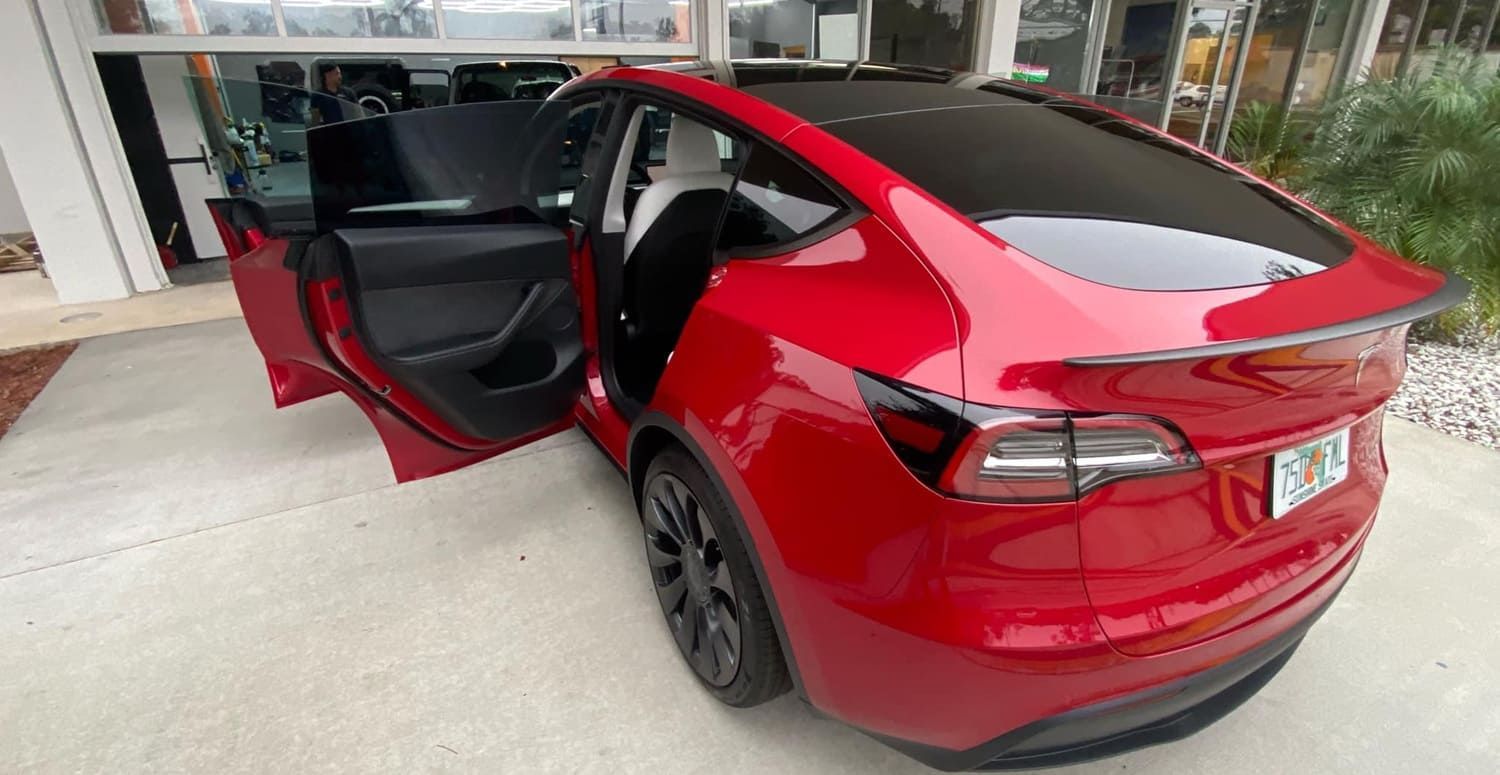
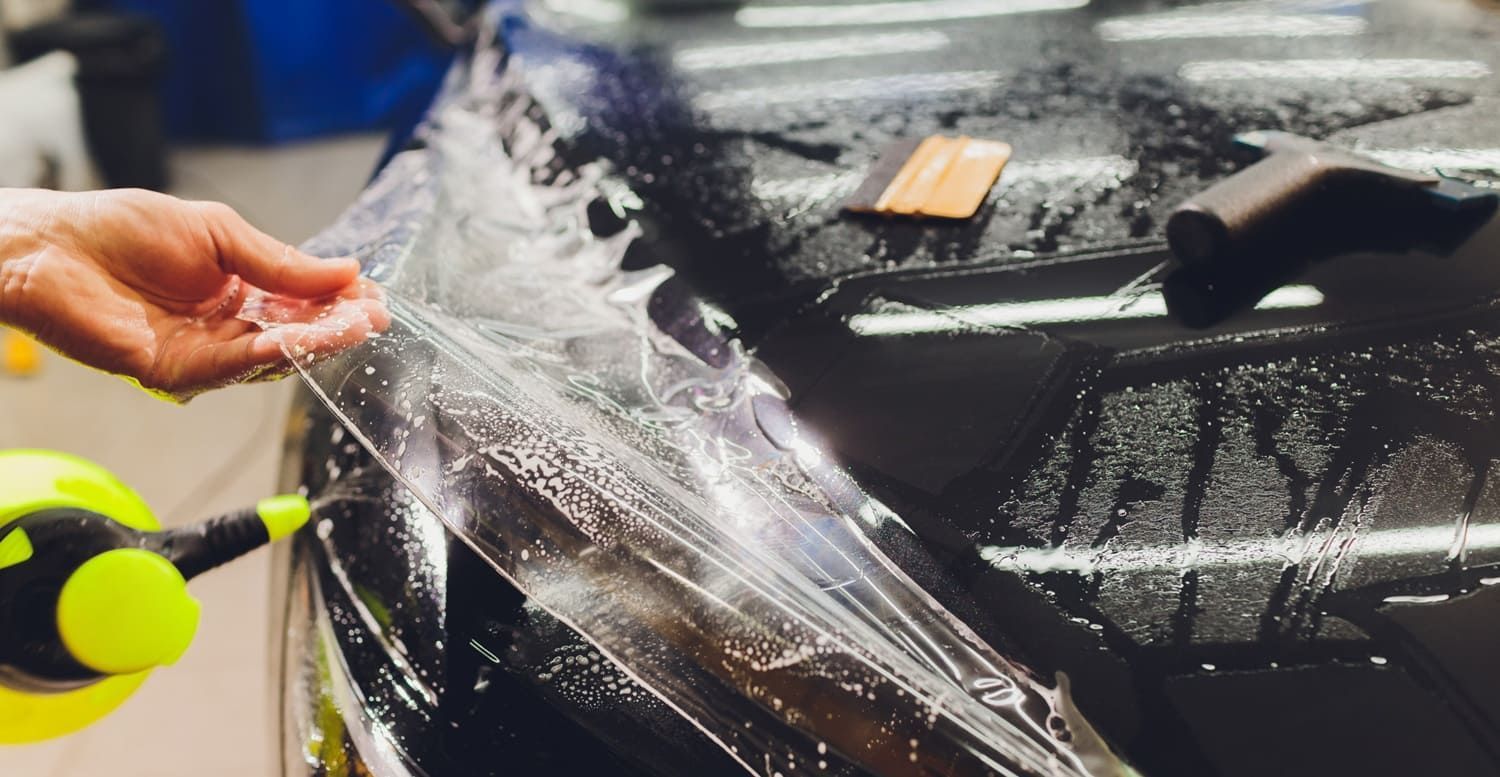
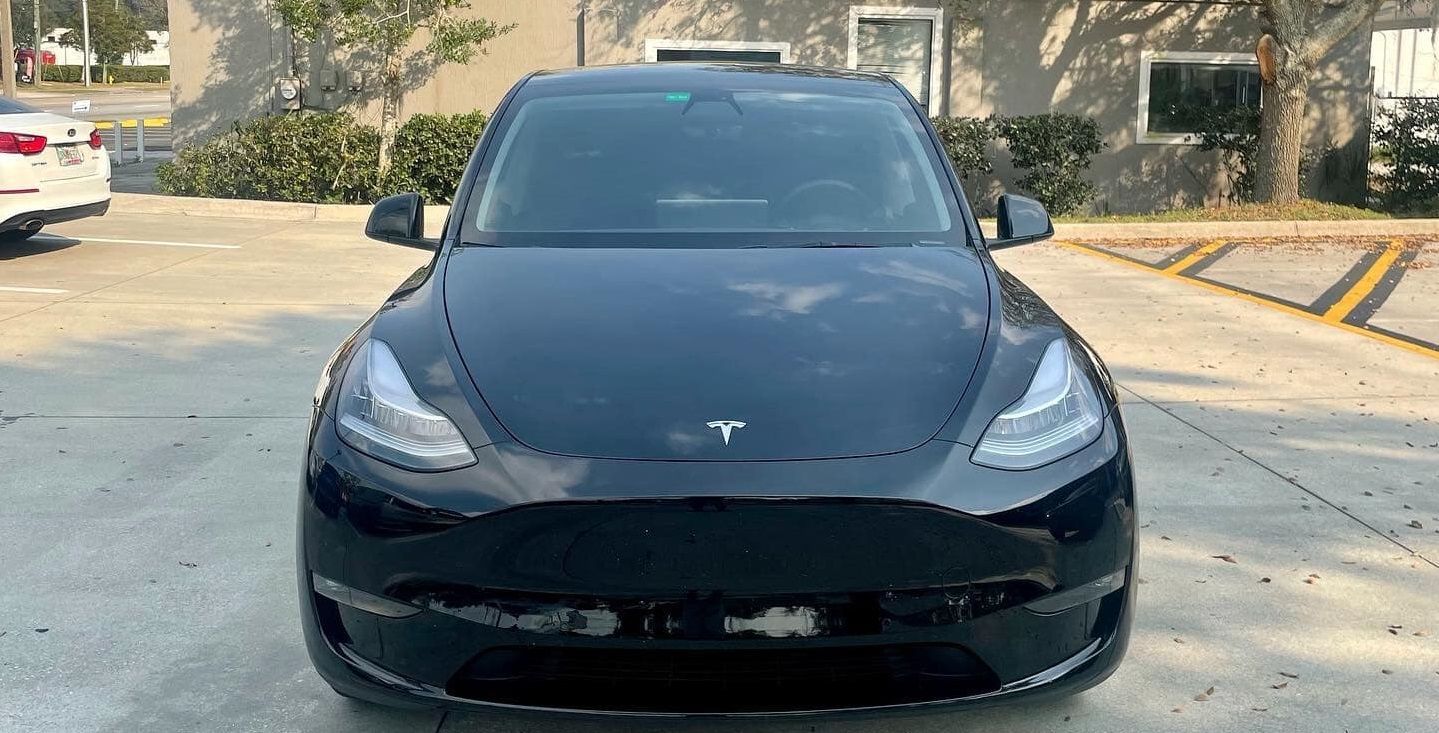
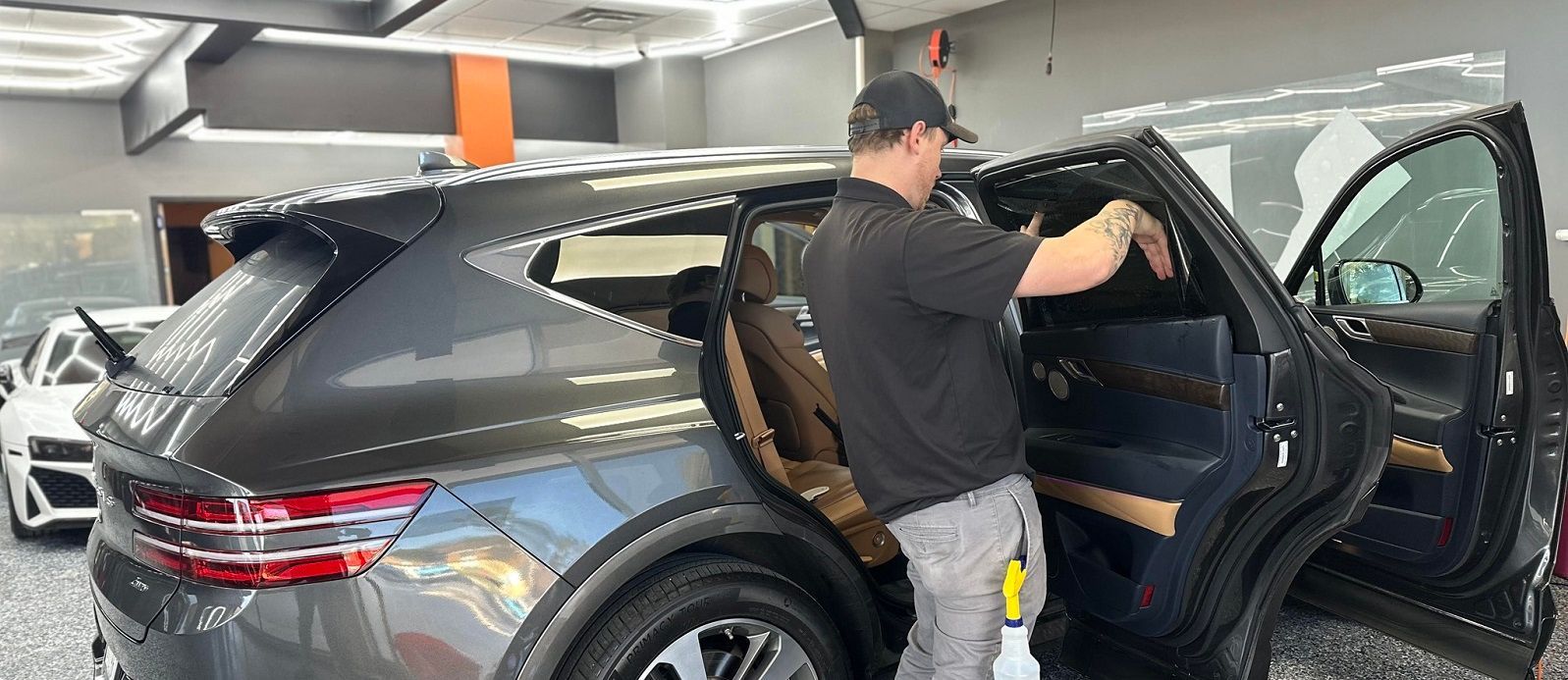
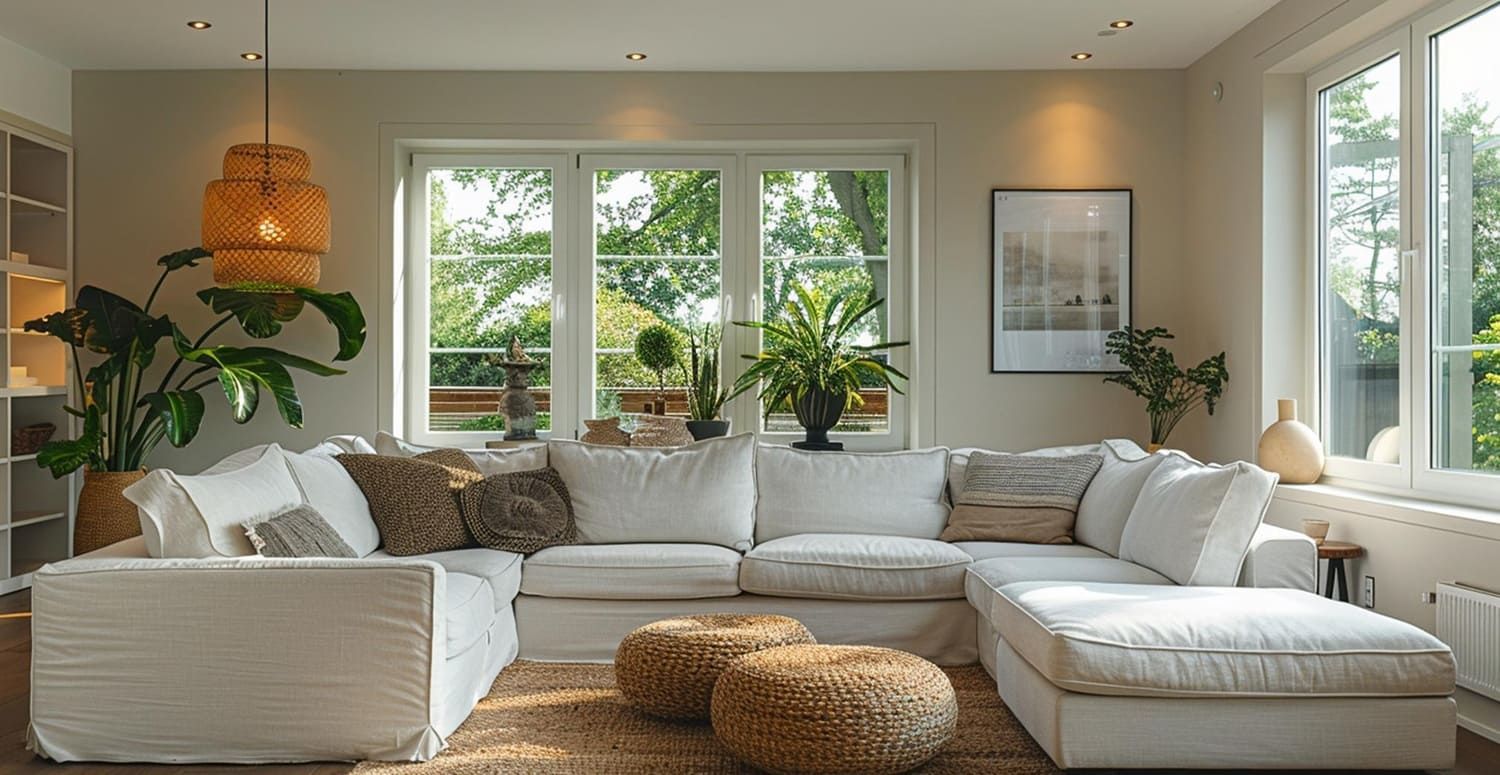
Jacksonville, FL
Jacksonville, FL 32216
(904) 654-2173
Business Hours:
Monday - Friday: 9am to 5pm
Saturday: 9am to 5pm
Sunday: Closed
Lake City, FL
144 SW Waterford Ct Suite 101
Lake City, FL 32025
(386) 628-2658
Business Hours:
Monday - Friday: 9am to 5pm
Saturday: Closed
Sunday: Closed
Savannah, GA
Savannah, GA 31408
(912) 724-9736
Business Hours:
Monday - Friday: 9am to 5pm
Saturday: Closed
Sunday: Closed
All Rights Reserved | Solar Shade Window Tint


